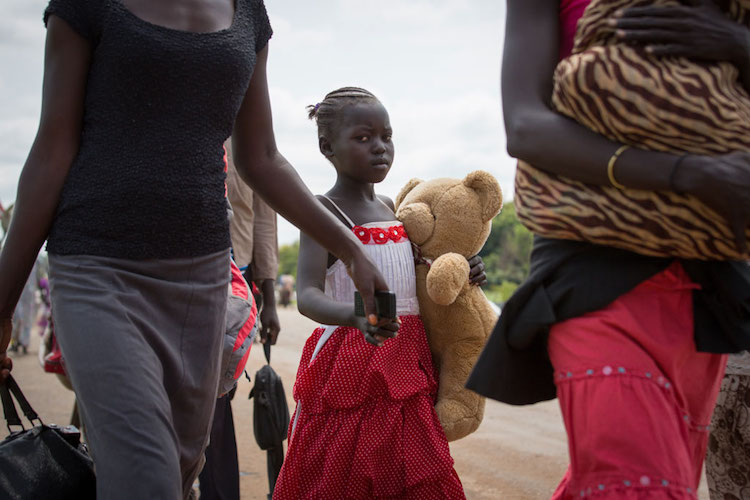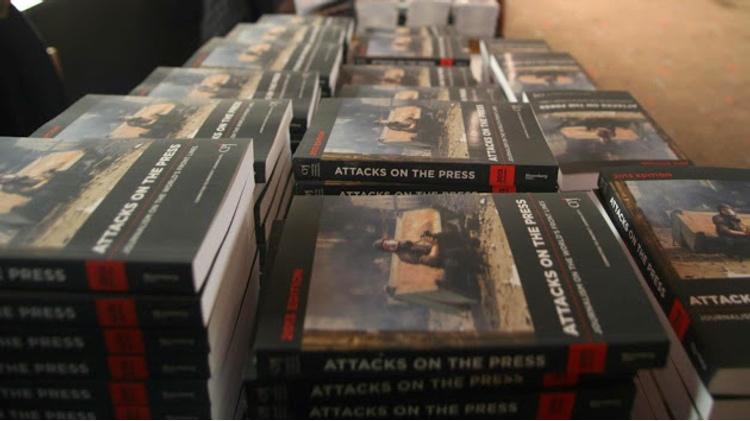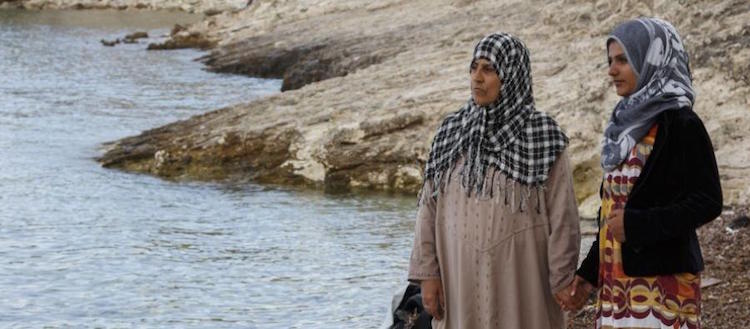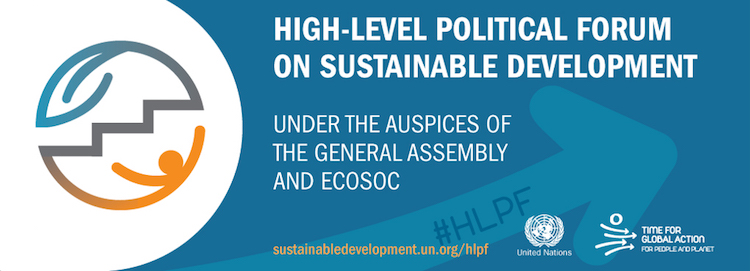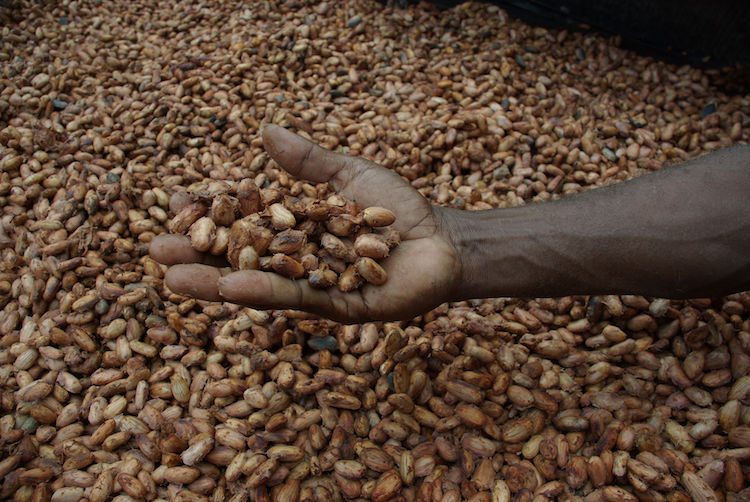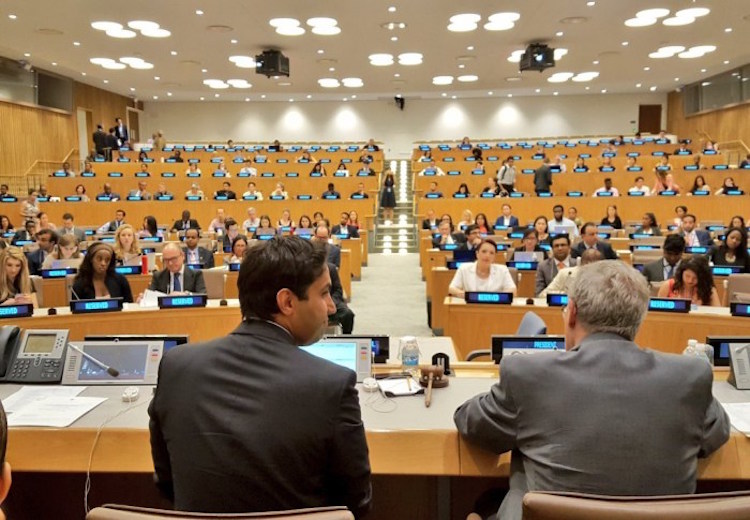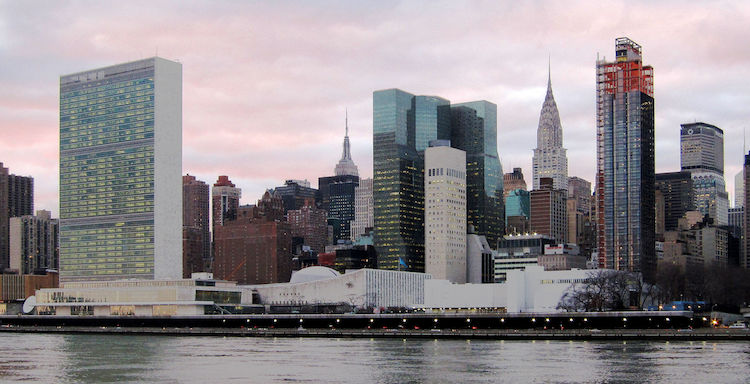By Jamshed Baruah
GENEVA (IDN) – The UN Refugee Agency UNHCR has expressed great concern about the precarious security situation in South Sudan, where some 4,000 people are currently fleeing every day to neighbouring Uganda. 90 percent are women and children.
South Sudan’s conflict erupted in December 2013, and it has produced one of the world’s worst displacement situations with immense suffering. Some 1.69 million people are displaced inside the country, while 831,582 South Sudanese refugees are abroad, mainly in Ethiopia, Sudan and Uganda.

